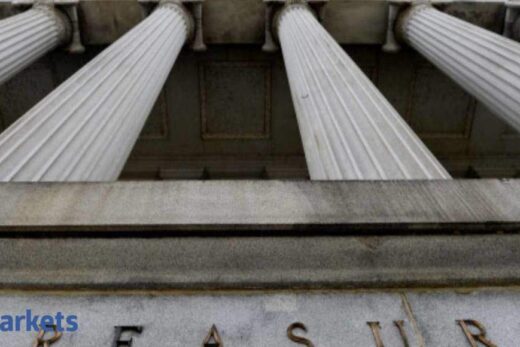Foreign portfolio investors have put in a net of $273 million in the four trading sessions through a combination of instruments-equity, debt, voluntary retention route (VRR) as well as the hybrids, since the FOMC meeting on October 12, data from NSDL shows.
Besides, even as there are fears that there could be a pull out of investments from emerging markets including India, India’s external sector indicators are more robust now than during the 2013 taper tantrum that forced the central bank to raise dollars through special measures.
” We were a part of fragile five in 2013, we are not in that position now” said former RBI governor Subbarao at an event organised by ratings firm Crisil last week. ” The current account deficit was high then. Now it is low and fully financed by stable flows. There is no pressure on the rupee” The current account deficit had touched its one of the worst levels of 4.8 per cent of GDP in 2013, while ending in a modest surplus of 0.9 per cent of GDP in March 2021.
“A well- contained CAD and overall BoP surplus on one hand, and record high FX reserves and very comfortable import cover on the other should keep taper tantrums at bay” said Astha Gudwani, economist at BofA Securities.” We think the impact of Fed taper is likely to be more muted for India this time.”
Import cover of reserves was at a seven month low with forex reserves at $300bn in 2013. Today, India is in a much stronger external position – with FY22 CAD estimated at 1.3% of GDP and RBI’s forex reserves at a record high of $640bn, providing import cover worth 13 months. Forex reserves as a percentage of GDP stands at 22% of GDP now versus 15% back in 2013 according to a research note by BofA Securities.
Capital account surplus is expected to rise despite moderating FPI inflows and a steady FDI on account of other sub-components faring better in FY’22 compared to FY’21m it said. Despite rising global crude and commodity prices that will put pressure on trade and current account deficits, with India’s external position in a significantly better shape than in 2013, the potential Fed taper is unlikely to exert serious and sustained pressure on the rupee as well, unlike in 2013.



